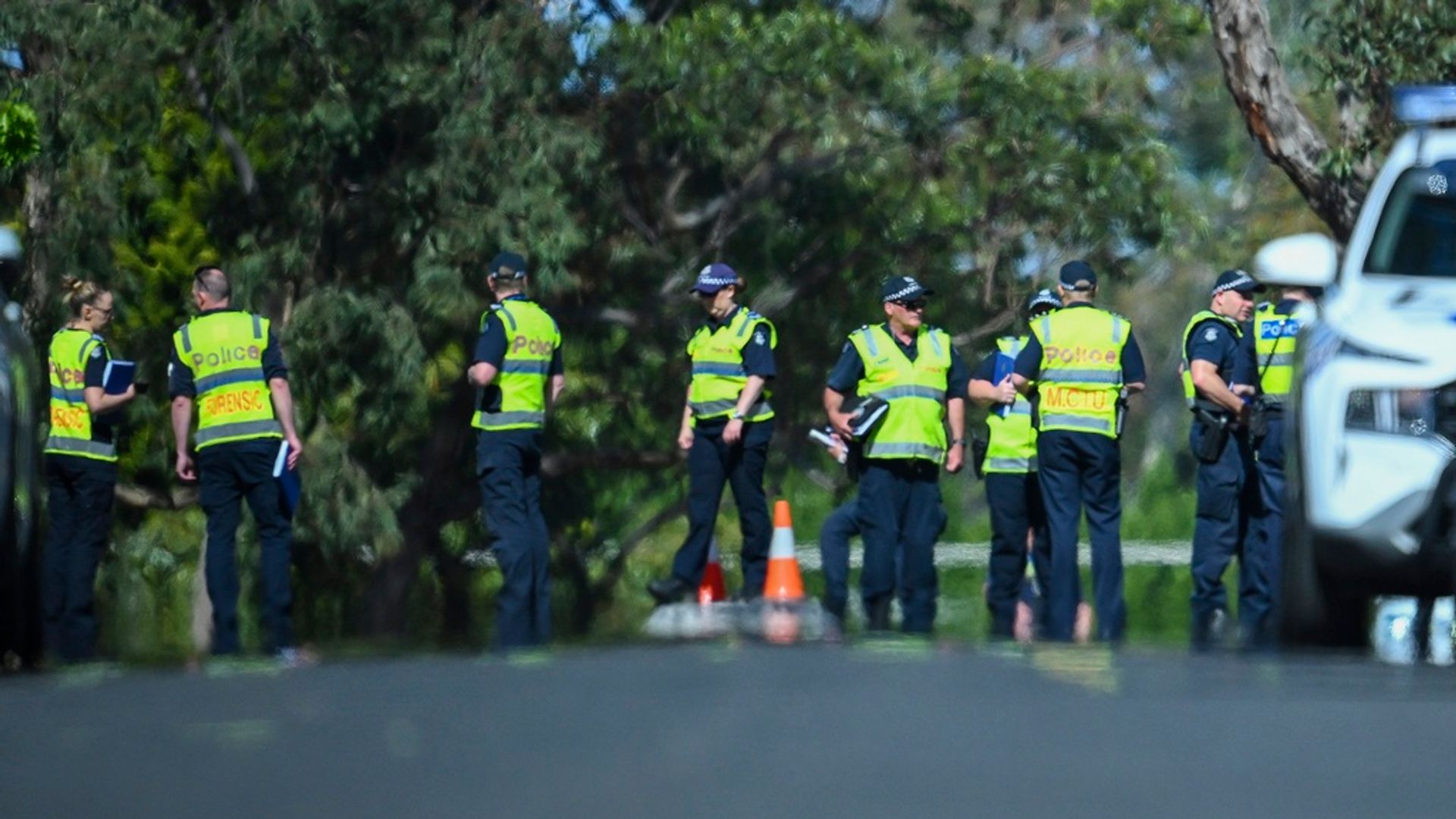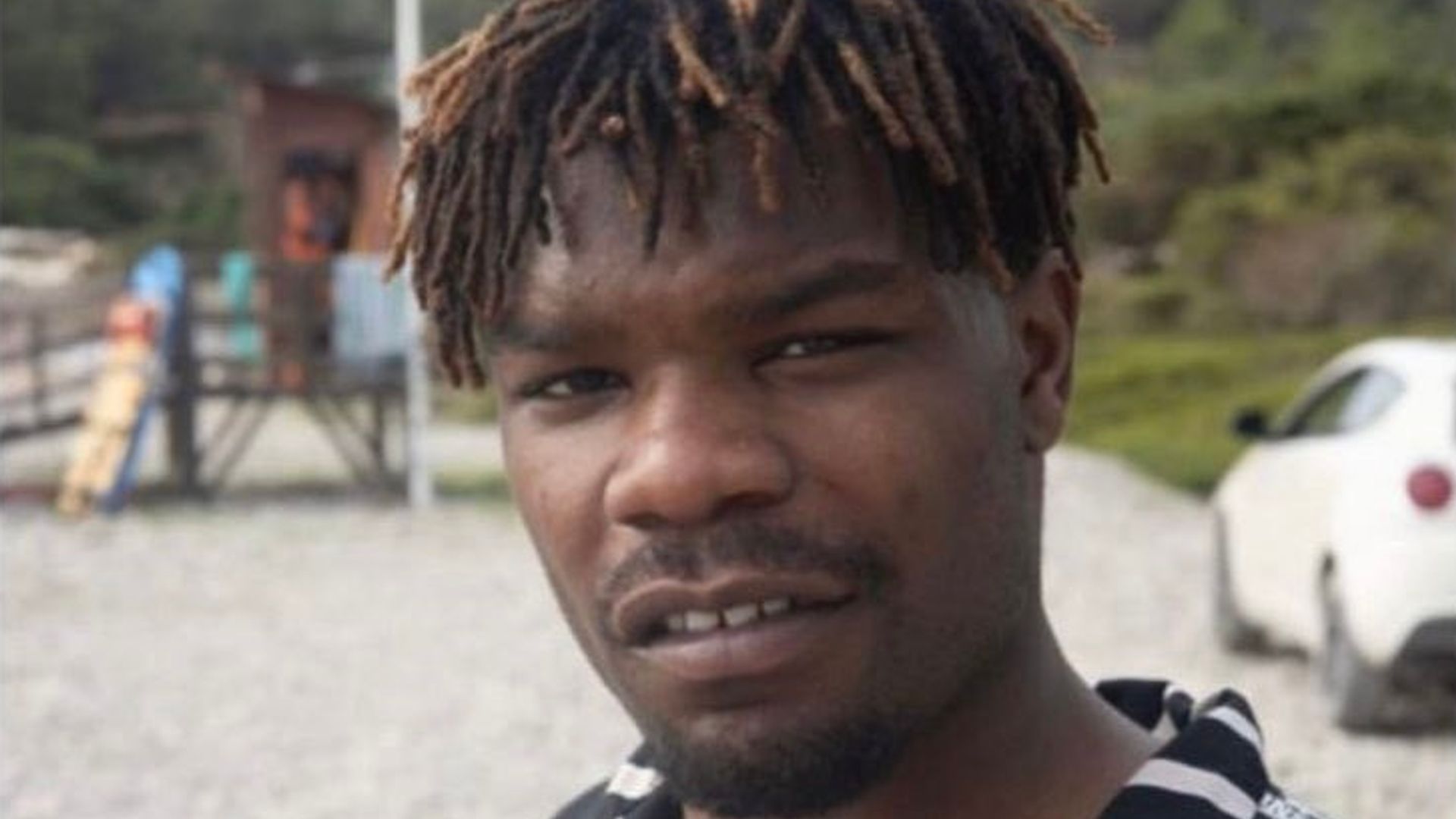Call it a “Sign o’ the Financial Times,” as Prince once needed Anderson Cooper to break it down – economically.
“Prince, I met in a really weird way in Los Angeles,” Cooper, 56, said during SiriusXM’s “The Howard Stern Show” on Tuesday, September 26. “He came over to talk to me. He sat down next to me — it was at a dinner — and he sat down next to me, and he goes, ‘Uh, I moved to L.A. to be around people who are in it, and you’re in it.’ I was so nervous. I was like, ‘Yeah, I know totally what you mean,’ … And then I could not stop talking.”
From there, Cooper shared every bit of knowledge he had about Prince, and it seemingly impressed “the Purple One,” to the point that the “1999” singer consulted the CNN personality when the U.S. economy crashed in 2007 and 2008. Right before Prince played the Gansevoort Hotel, Cooper told Howard Stern that “one of his people came over to me and said, ‘Prince would like you to stay afterward because he’d like to talk to you about the financial crisis.’”
“First of all, I know nothing about the financial crisis. I’m the last person to give financial advice,” said Cooper. “I was like, ‘Uh, OK. Yeah, sure.’” But Prince didn’t take the stage until 1 a.m., and Cooper was working the next day. “He kept playing and playing. I finally went to one of his people and was like, ‘I have to work at like 6 a.m. tomorrow. I can’t stay to talk about the financial crisis,’” said Cooper.
Apparently, Prince was so taken by Cooper that he would constantly invite the news anchor to parties to see him play. But Cooper’s career often got in the way. “I felt like such a nerd saying, ‘I actually have a show at night. I can’t miss it for a party.’ And then finally … I went and it was incredible,” he said.
Prince was found dead in an elevator at his Paisley Park estate in Chanhassen, Minnesota, on April 21, 2016. The 57-year-old music icon passed away due to an accidental fentanyl overdose.
In 2018, Carver County Attorney Mark Metz announced that no criminal charges would be filed over Prince’s death, citing “no reliable evidence showing how Prince obtained the counterfeit Vicodin laced with fentanyl or who else may have had a role in delivering the counterfeit Vicodin to Prince.”
A month after the announcement that no criminal charges would be filed, the U.S. Attorney’s Office and Dr. Michael Todd Schulenberg agreed to a settlement where the doctor would pay $30,000 to settle a federal civil violation according to documents obtained by CBS News.
Federal prosecutors and the U.S. Drug Enforcement Administration alleged that Schulenberg, a family physician, violated the Controlled Substance Act when he wrote a prescription in the name of someone else in 2016. The settlement doesn’t name Prince or reference the Prince investigation, but CBS News noted that previously released search warrants said Schulenberg told authorities that he prescribed oxycodone to Prince and that he put it under the name of Prince’s bodyguard “for Prince’s privacy.”












